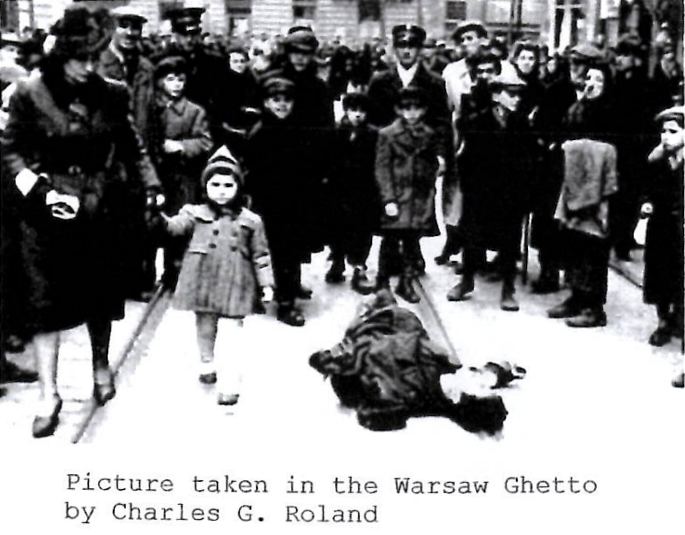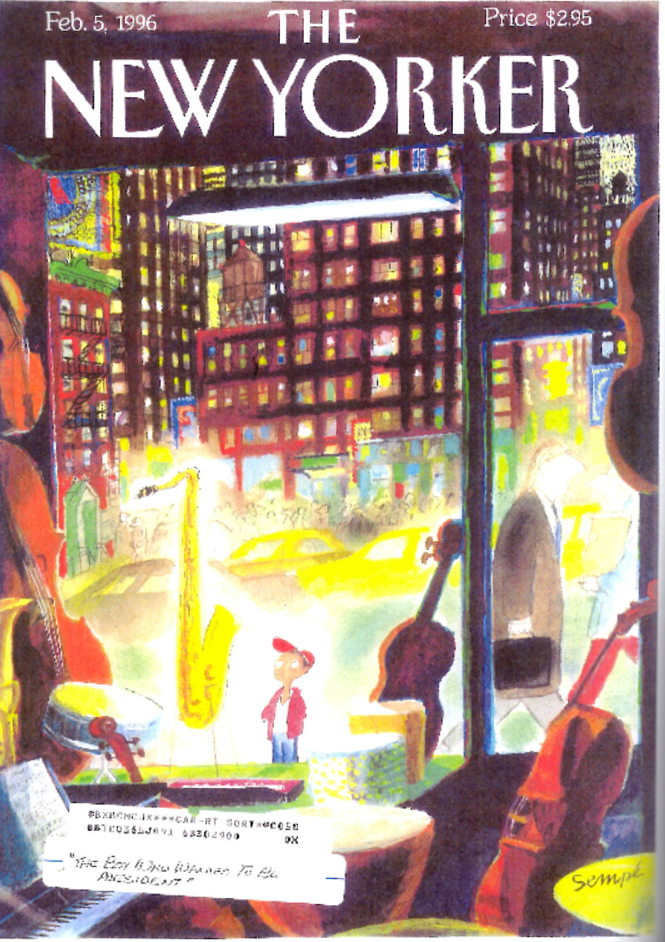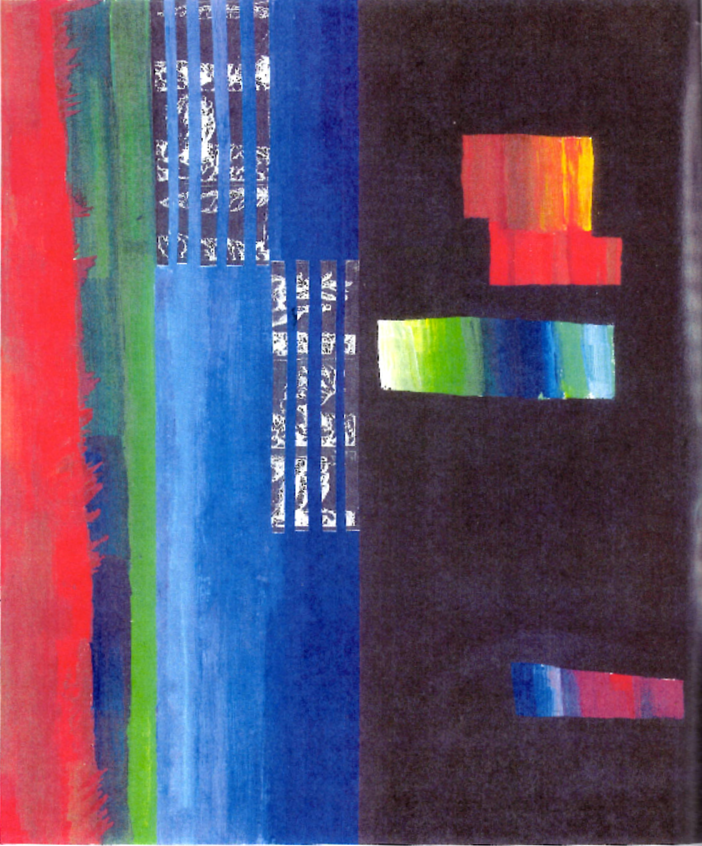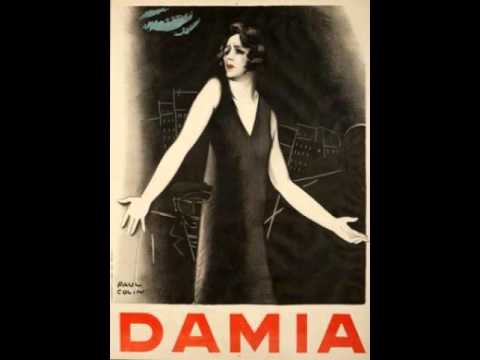
Introduction
Poetry is a medium in which artists can express emotions, images and thoughts with words. Since poetry uses fewer words than prose, each word must have it own potency and each word must be in exactly the right place. I think this is what makes poetry oftentimes more poignant and powerful than prose.
I think of poetry as a photograph and prose as a movie. In a photograph, you see only the image caught in the frame of the camera lens. You fill in all the gaps with memories and association of images. In a movie, your eyes and mind race along to follow the story line and rapid succession of new images. I find that it can be difficult to make personal connections with movies and prose. There are so many different people and places and ideas intertwined into them that the story can't be mine or even similar to mine becase there are just too many details. Poetry, like a photograph, focuses on a subject so precise that I can usually find a way to relate it to something in my own experiences.
Another great advantage to poetry is that there are limitless ways to write it. Just as there are innumerable forms of art, such as impressionism, cubism, pop art, and minimalist, to name a few, there are also many forms of poetry. In the book I explored some different forms of poetry. I inserted some of my artword as well because I try to accomplisth the same thing when writing poems as when painting: releasing an emotion in a way that is somewhat lucid to others.
“Poetry proves the one permissible way of saying one thing and
meaning another.”
--Robert Frost
Table of Contents
- - Chasing Fish
- William Carlos Williams “Snapshot” Poem
- - Emilie
- “Miss Rosie” Poem
- - Tin Can
- “News Article” Poem
- - Babies
- “If” Poem
- - On the Question of Race
- “Question of Race” Poem
- - This is Ghetto Life
- “Little Polish Boy” Poem
- - first time, every time
- Walt Whitman “Memory” Poem
- - The Boy Who Wanted To Be President
- “New Yorker Cover” Poem
- - Salem, Connecticut
- “All About Place” Poem
- - Solitude
- - Tout fout l’camp
- By Damia
All paintings and photographs by Sylvia Bingham unless otherwise noted"
[Handwritten grade and comment]
“A”
Beautiful Book!
At first I wanted to tell you that “The Boy Who Wanted to be
President” was my favorite —
However, then I read “Salem, Connecticut” and now it’s my
favorite!
You have a wonderful poetic voice —
And I love your Art!
Chasing Fish
She stands
in the river
Her jeans
rolled up
Her hands
stab into the water
the fish
dart away.
Emilie
When I see you
sitting on the curb
hiding what you hate
in green cargo pants and a baggy sweater
or
when I remember
how you tormented me
with a fictitious boyfriend,
how you lampooned me for my skinny arms
now
when I see you
sitting fragile
slumped over in self-loathing
yet proud
and I look back to when
you were elected class clown
and we threw frisbees in the park
and caught goldfish together
and I look back
to when I wanted to be like you
you who always did things right
and
I think
it’s not so different now
I want you to know
that I stand up
For you.
I stand up.
Tin Can
The sun
heavy and hot on the backs of five children.
A tin can
transfigured by the summer rays
becomes a rolling ball of summer games
as the boys kick this new toy.
Yells and laughter
Yellow dust.
The can,
as luminous as the sun
center of destiny’s orbit,
bounces
to the shade
under a tree
and settles between two bags.
Into the dark
the children run;
maybe someone left their groceries
in the shade
forgotten
the taste of milk.
The fastest grabs a plastic bag.
It rips.
And the noise—
the whole wolrd was splitting apart.
And the fun
The levity of this summer game
torn away
from the village square
where five children now scream and moan.
The tin can,
torn to knives by the bomb,
cut his cheek as it blew past.
The fastest boy
with nothing left of his childhood
but a jagged wound.
Rocks, guns and bombs
steal this land
of its children.
The Mideast Peace Summit
Delayed
Another Day
Five More Chuildren Lost.
Babies
If the baby stares up at you
light bulbs reflected in his eyes
fascinated by your enormous nose
and smiles
widening his chubby cheeks,—
if he grabs the hair
waved around your ear
and gurgles happily
clinging to your rough finger
with miniature versions of your own,—
if the baby
sleeps
curled up like a roly-poly
dreaming in the secret language
you have long forgotten—
Who could say this isn’t
the prettiest baby in the world?
On the Question of Race
|
They ask me to write down my race and I think and I think very seriously and consider writing down the truth and have my answer read I have an old woman with soft white hair picking sea snails off slippery rocks. I have the smell of Boursin, Camembert, Roquefort of cigarettes in the metro the warm smell of baking bread the smell of the South like opening a jar of Italian Seasoning stepping into the hot morning. I am a perfume bottle of Paris and Provence. I have Salem, Connecticut catching turtles in the pond hockey at the age of five giraffe pasture. |
I have a woman who has my name eating fresh vegetables harvested from a Victory Garden, making maple syrup. Crinkly gray hair, sipping black coffee, saccharin liquor burning in the throat. I have Drumaquerne Ireland adobe house white powder walls, blisters on the hand from the garden hoe, sharp pews on Sunday thatched roof pricking towards the sky. I am a zoo of animal cookies Different but all the same color. My cookies are of a pale skin So I stop And simply write down White. |

This is Ghetto Life
Girl in the gray coat—
like a passenger in the metro,
unseeing and expressionless,
you walk right past the man
sprawled on the ground.
So serious—
the fuse of curiosity
blown out
by too many yells and threats
when you used to stop and stare.
Girl in the gray buttoned up coat—
but for the way you grip your mother’s hand,
but for your pointed hat,
I would have mistaken you
for a grown up,
living in your tiny body.
Ever since the SS
came and put you in this ghetto
death is a ubiquitous beggar
an unpleasant sight best ignored
although its stench
clings like mucus to your nose.
Oh, little girl
in your black collared gray coat
you lost your childhood
when you burned your toys for warmth,
when you forgot the taste of cake,
and yet,
no matter how fast you grow up
you cannot abandon this body
which will betray you when they come
when they come to separate
the “useful” from the “useless,”
the parents from their children
first time, every time
I remember in that yellow bus
on the brown seats sticking to my legs
how he took my hand in his
playfuly, as if to try me out
on that last day,
and how I waited all summer
for him to call.
I remember on a wooden dock
the water was a black sequined coat
and his hand rested in mine
and then moved up and down my back
like a chain of wooden beads
cavorting inside of me.
I remember walking up wide marble steps
to the balcony at the opera house
and looking down
at strings of moving red and white lights
and pulsating yellow orbs lining the street.
The night was so cold
but with his presence wrapped around me,
I felt like a freshly baked cookie.
Soft fingers and lips
stick to my heart
the first time
every time
he touches me.

The Boy Who Wanted To Be President
A narrow shop
squeezed in between glassy modern buldings
in New York City.
“Music” the sign read
but from the drums, cellos, violins and pianos
jammed in the tiny space
not a sound was heard.
The music was only for those
who could coax it out of the instruments
like the last olive out of the jar
coax it with nimble, knowing hands,
And so the boy,
who could make space stations and skyscrapers
with his legos,
but knew nothing about using his hands to play music,
stood on the sidewalk
looking through the glass
at a saxophone,
a golden swan
preening in the center of the window display.
And he thought, “If I saved up my lunch money
to pay $1,289
I could learn to play that thing.
Bill Clinton
plays jazz on late night television
and if I learned to play my sax
people would vote for me
when I ran for President…”
and his thoughts hurried along
as fast as the rush hour commuters
even as he walked along towards his school
even as he sat in class doodling swans and white houses
until
the lunch bell
rang
and he scrambled into line
exchanging his presidential dreams for some chocolate pudding.
“The New Yorker” Cover
The 02/05/96 Issue
Salem, Connecticut
Everything—
the trees
brown hands
reaching to the sky,
with lichen on their elbows,
gnawed off
for beaver dams,
and the walks through the trees
in the dark
with no flashlight
around the pond,
and hockey pucks
that fell through holes in the ice,
and the kitchen
where we nursed our cold hockey hands and feet
watching chickadees
pecking seeds from the feeder,
and those immortal birds
carefully placed on Christmas Tree branches
in the living room,
and a Debussy lullaby
ringing from the piano
and the bedroom
staring
at yellowed wallpaper
with rows of blue flowers,—
everything is home.

Solitude
Four floors up.
A room
she sits
on the piano bench.
Fingers roll
across faded keys.
Down
on the street
music goes unheard.
Tout fout l’camp
|
|
Nous sommes maîtres de la terre
Nous nous croyons des presque Dieu
Et pan! Le nez dans la poussière
Qu’est-ce que nous sommes ? Des pouilleux
{Refrain}:
Et là-haut les oiseaux
Qui nous voient tout petit, si petits
Tournent, tournent sur nous
Et crient: Au fou! Au fou!
Nous nageons tous dans la bêtise
Et l’on invente des drapeaux
On met des couleurs aux chemises
Sous la chemise y a la peau
{Refrain}
Écoutez le monde en folie
Vive la mort, vive la faim
Pas un ne crie vive la vie
Nous sommes tous des assassins
{Refrain}
Et toute la terre qui gronde
Bonne saison pour les volcans
On va faire sauter le monde
Cramponnez-vous, tout fout l’camp!
Et là-haut les corbeaux
Qui nous voient tout petit, si petits
Tournent comme des fous
Et crient: A nous! A nous!
La vie pourrait être si belle
Si l’on voulait vivre d’abord
Pourquoi se creuser la cervelle
Quand y a du bon soleil dehors ?
Raymond Asso
